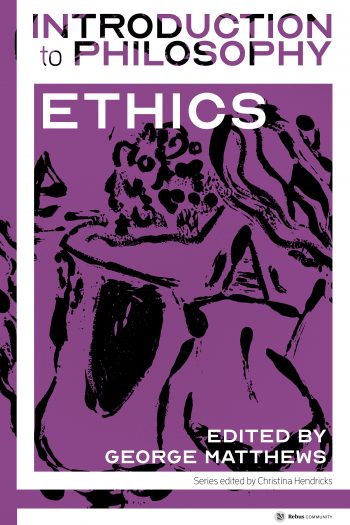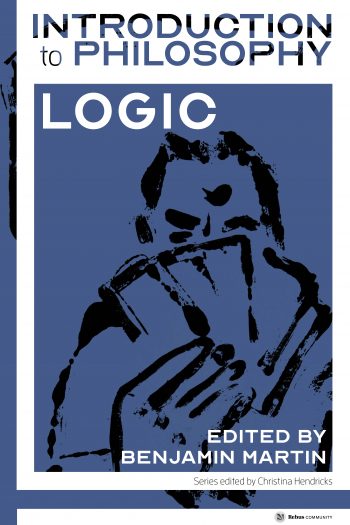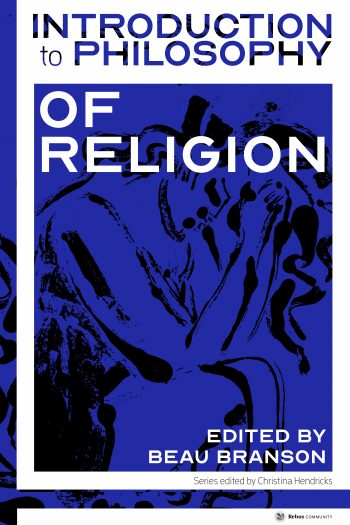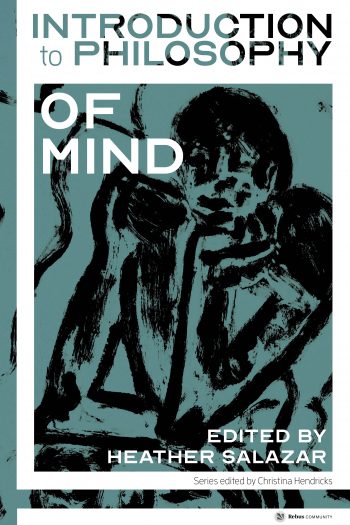I am delighted to announce the release of the fifth book in the Introduction to Philosophy open textbook series: Introduction to Epistemology, edited by Brian C. Barnett (St. John Fisher College and the State University of New York at Geneseo).
Introduction to Epistemology engages first-time philosophy readers on a guided tour through the core concepts, questions, methods, arguments, and theories of epistemology—the branch of philosophy devoted to the study of knowledge. After a brief overview of the field, the book progresses systematically while placing central ideas and thinkers in historical and contemporary context.

The chapters cover the analysis of knowledge, the nature of epistemic justification, rationalism vs. empiricism, skepticism, the value of knowledge, the ethics of belief, Bayesian epistemology, social epistemology, and feminist epistemologies. Along the way, instructors and students will encounter a wealth of additional resources and tools:
- Chapter learning outcomes
- Key terms
- Images of philosophers and related art
- Useful diagrams and tables
- Boxes containing excerpts and other supplementary material
- Questions for reflection
- Suggestions for further reading
- A glossary
For an undergraduate survey epistemology course, Introduction to Epistemology is ideal when used as a main text paired with scholarly articles. For an introductory philosophy course, select book chapters are best used in combination with chapters from other books in the Introduction to Philosophy series.
There are nine books planned for the series, each with its own editor (series editor: Christina Hendricks). With the publication of the Introduction to Epistemology, five of the series have now been published (see also the introductions to the Philosophy of Mind, Philosophy of Religion, Ethics, and Logic). Books on Aesthetics, Metaphysics, Philosophy of Science, and Social and Political Philosophy are in progress.



The books are written for an audience of students with little to no background in philosophy, without jargon and with potentially unfamiliar concepts explained. They are designed to help students gain the necessary foundations in particular philosophical areas in order to be able to pursue further study in those areas.
Each book has a Creative Commons Attribution license that allows it to be reused free of charge, or downloaded and revised/remixed to better fit one’s own context. For example, instructors are welcome to combine a few chapters from multiple books, adding in their own work or other openly licensed or public domain content, to create their own customized textbook.
Please see the project discussion pages on the Rebus Community platform for further information about the series, including opportunities to volunteer to help out with the other books. We also welcome questions or comments on the books or the project as a whole in that discussion space. If you plan to adopt part or all of any of the books in the series, please let us know on our adoption form!

